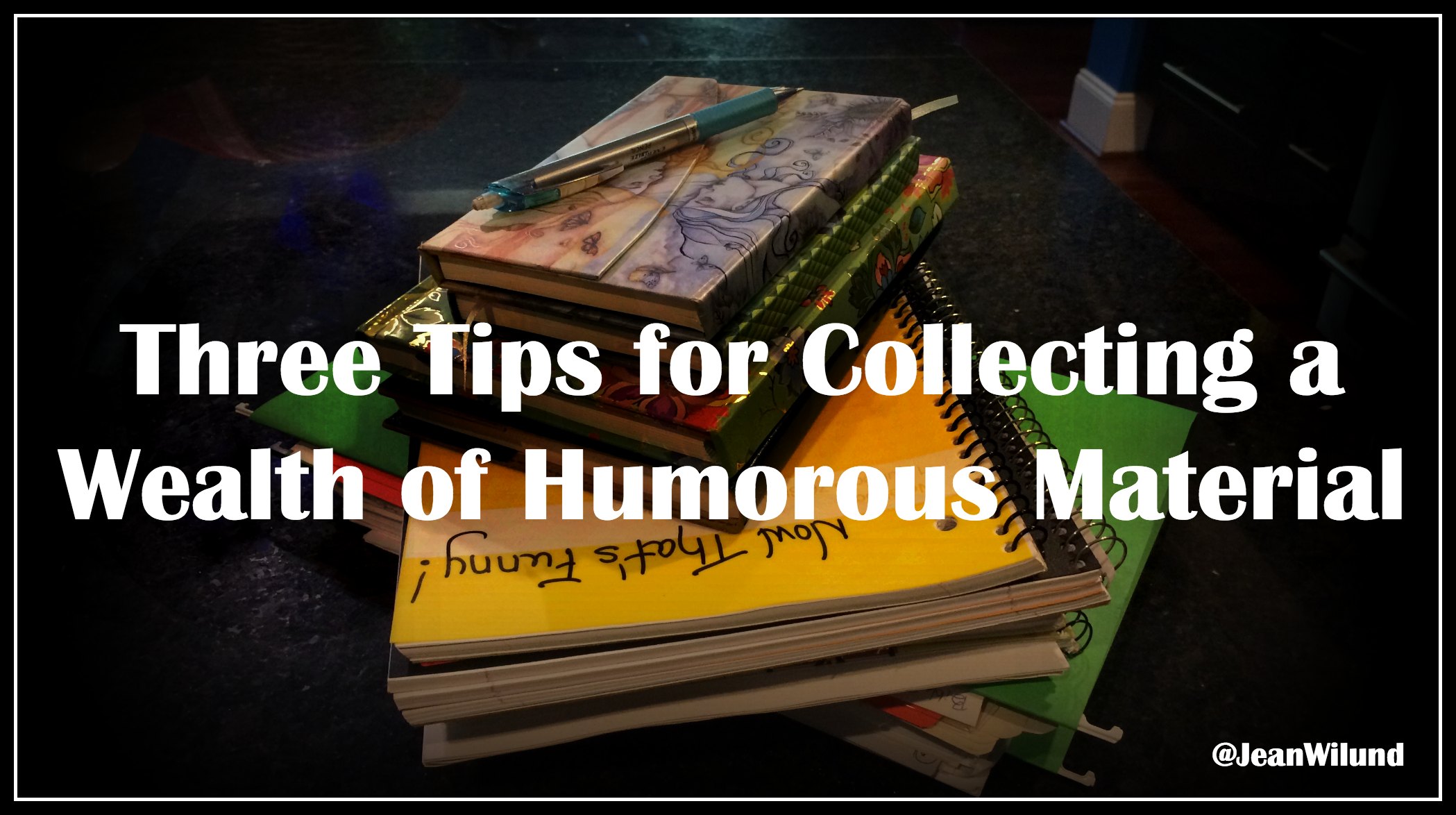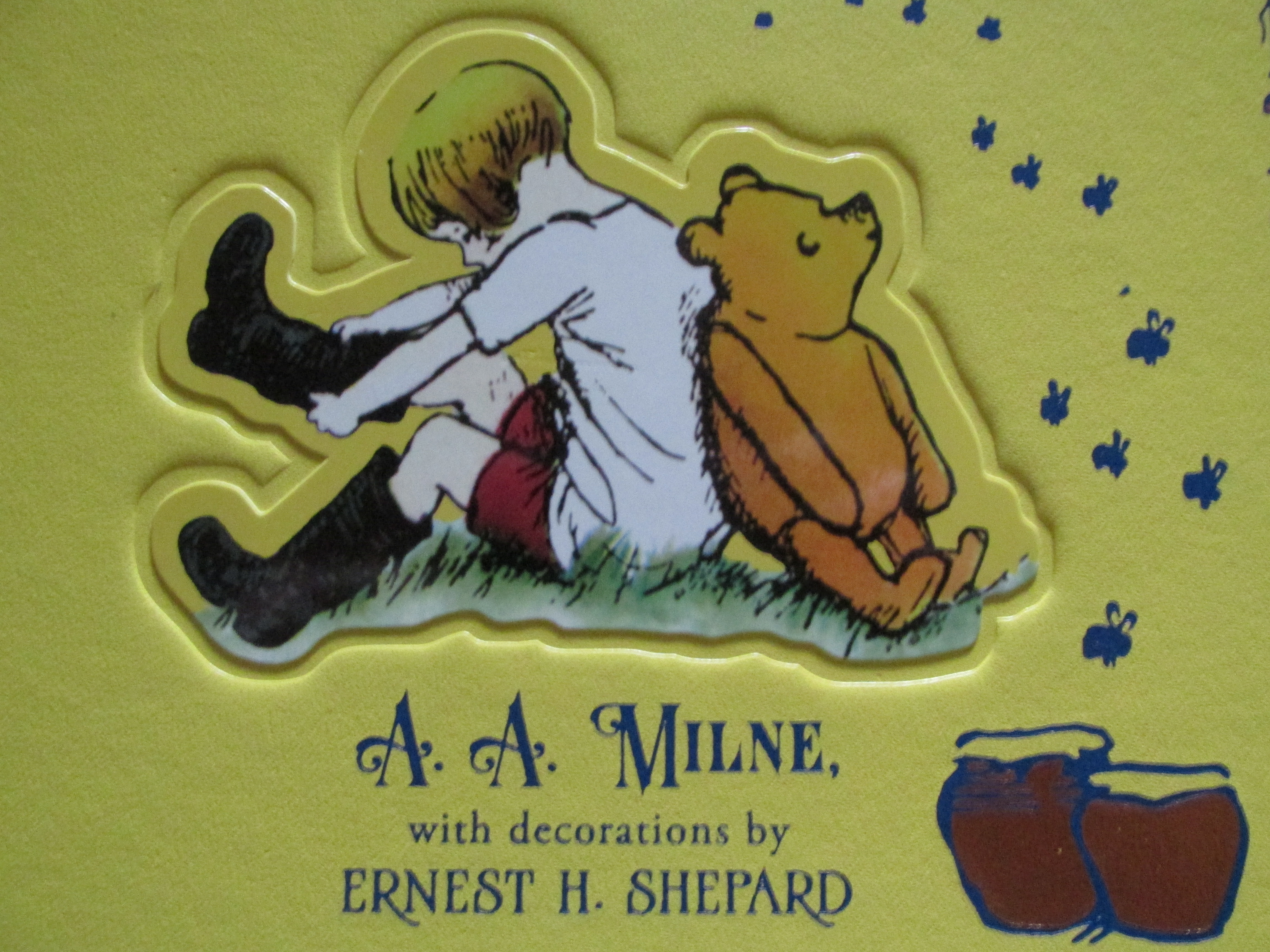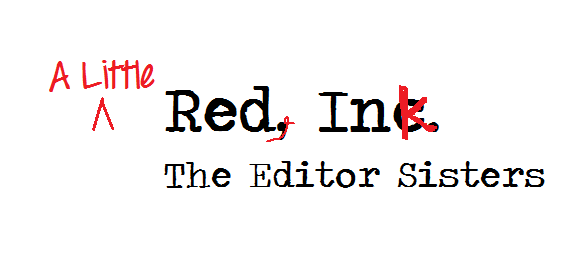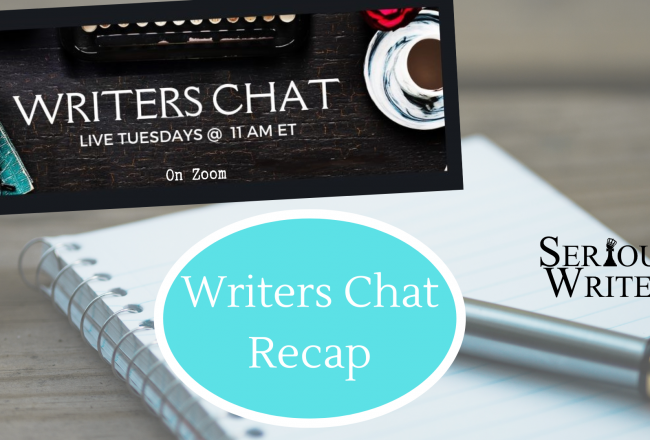
Three Tips for Collecting a Wealth of Humorous Material
Comedians Jerry Seinfeld and Michael Jr. may never suffer from comedic block, but those of us less endowed with…
May 23, 2016
Comedians Jerry Seinfeld and Michael Jr. may never suffer from comedic block, but those of us less endowed with…
May 23, 2016Ever wonder what to do with all the research you’ve accumulated from your many writing projects? Do you ever…
May 22, 2016
As a Christian writer in your life or in your writing it is not merely about what you want…
May 21, 2016
by Sandra Merville Hart I’ve always loved Winnie-the-Pooh. The honey-loving bear captured my heart instantly as a child. I…
May 20, 2016
Continuing our look at crafting a spectacular plot twist, this time we’ll look in detail at a couple of…
May 19, 2016
What a day. We’ve been fighting to stay in the zone, our fingers flying over the keyboard searching for…
May 18, 2016
When editors are asked to name their pet peeves, misuse of apostrophes ranks at or near the top of…
May 17, 2016
Smart writers invest in workshops, courses, and conferences. Smart and savvy writers will also invest time in building their…
May 16, 2016
I hate making phone calls. When it comes to picking up the phone, I always procrastinate as long as…
May 15, 2016
The other day I was waiting on my son to get out of an event, and, because I was…
May 11, 2016
By Elaine Marie Cooper Life can throw curveballs at you. You’re certain one moment what will take place tomorrow.…
May 10, 2016
Last month, I overheard a conversation about dangling modifiers. Lots of laughter. Lots of confusion. Lots of questions. “What’s…
May 9, 2016
In order to write fictitious people groups into your storyworld, you’ll need to consider the civilization in which these…
May 8, 2016
What is a critique? Well, it’s one of my favorites. A critique is very much like a macro edit,…
May 7, 2016
I traveled to India with Samaritan’s Feet earlier this year, which I’ve already shared a few experiences in this…
May 6, 2016
How you create sound in your poetry will make it bloom or wilt. The whole purpose of a poem…
May 5, 2016
I’m excited to welcome each of you to the Writerly Cafe at Almost An Author. Here, you’ll find a…
May 4, 2016
Welcome to The Creativity Kit! Each month tips and tools to help boost your creativity skills will be found…
May 3, 2016
By Doug Peterson Whenever I see somebody writing in a noisy coffee shop, tapping away on a laptop, I…
May 2, 2016
[author title=”Warren Adler” image=”http://https://www.almostanauthor.com/wp-content/uploads/2016/04/warrenadler.jpg”]Warren Adler has just launched Writers of the World, an online community for writers to share their…
May 1, 2016
Of the human experience, one of the saddest realities is the adult who never achieves his or her dreams.…
April 30, 2016
What is a proofread? I’m sure you know by now the importance of wisdom as you choose a freelance…
April 28, 2016
Preparing for a Conference So you have respectable goals, and you’ve paid for the conference. Now it’s time you…
April 27, 2016
Now that you’ve mastered the basics of plurals (see 2 + 2 Doesn’t Always = 4), let’s look at…
April 26, 2016
Beginning bloggers face a steep learning curve that can seem overwhelming. Because there’s so much to learn, it’s easy…
April 25, 2016





